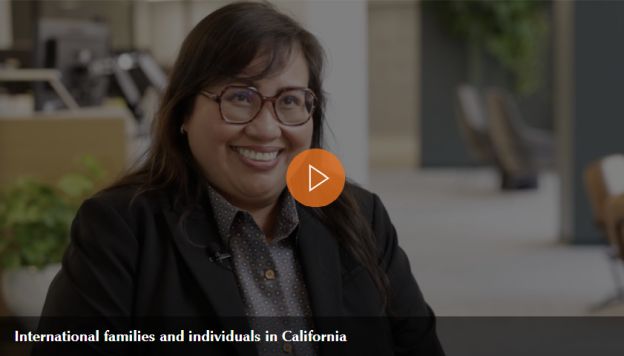- with Senior Company Executives, HR and Finance and Tax Executives
- with readers working within the Accounting & Consultancy, Insurance and Law Firm industries
When international families and individuals come to California, they are often surprised by the state's treatment of marital assets.
Under California's community property laws, each spouse or registered domestic partner owns 50% of any asset acquired during marriage (even if legal title to the asset identifies just one spouse as the owner). They each are entitled to control and manage the asset, wherever that asset is located. While community property is a family law concept, it also has tax implications. For example, a foreign bank account that is funded with community property income must be disclosed by each spouse or partner who is considered a US resident for US tax purposes if that bank account meets the minimum threshold amount which triggers disclosure of the foreign bank account of the US resident spouse's US tax returns. This is the case even if the foreign bank account is in the name of a non-US resident spouse or partner. Failure to do so will likely result in tax penalties and interest, and could jeopardize one's US immigration status where remaining fully compliant with US tax laws is a condition for issuance of a US visa. Ultimately, this could also lead to complications with obtaining US citizenship unless steps are taken to comply.
In this short video, Marsha Dungog explains the consequences of the laws for international families and individuals and how to get related advice.
The content of this article is intended to provide a general guide to the subject matter. Specialist advice should be sought about your specific circumstances.


